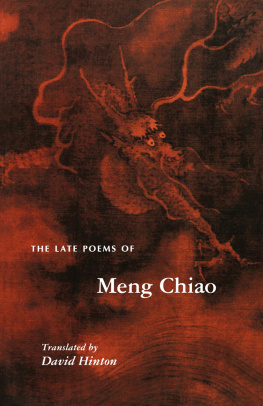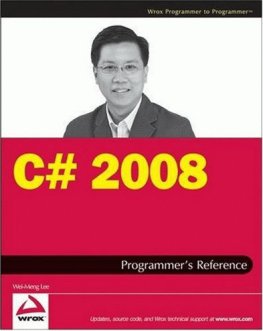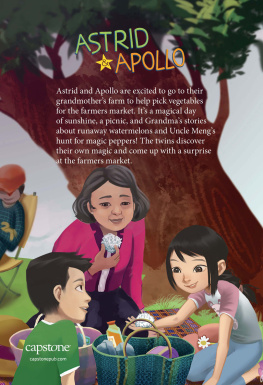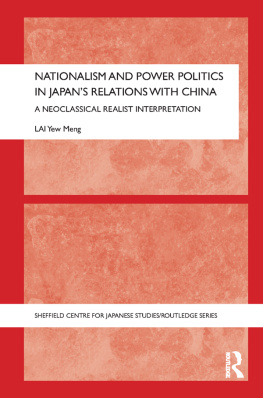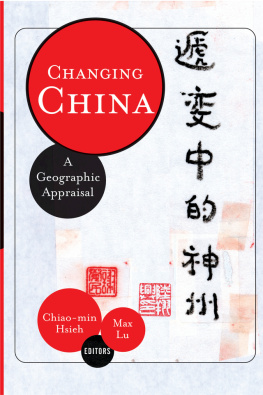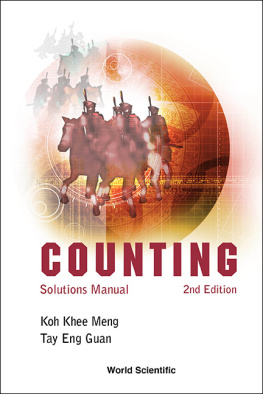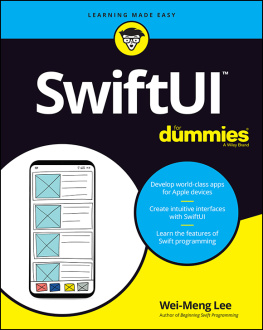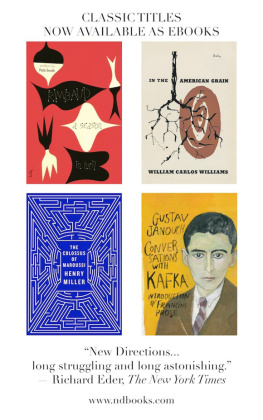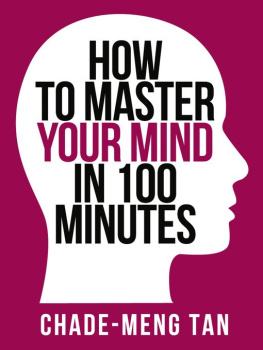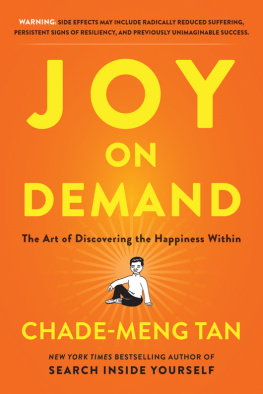THE LATE POEMS OF MENG CHIAO THE LOCKERT LIBRARY OF POETRY IN TRANSLATION Editorial Advisor: Richard Howard
For other titles in the Lockert Librarysee THE LATE POEMS OF Meng Chiao
Translated byDavid HintonPrinceton University Press, Princeton, New Jersey Copyright 1996 by Princeton University Press Published by Princeton University Press, 41 William Street, Princeton, New Jersey 08540 In the United Kingdom: Princeton University Press, Chichester, West Sussex
All rights reserved Library of Congress Cataloging-in-Publication Data Meng, Chiao, 751814. [Poems. English. Selections] The late poems of Meng Chiao / translated by David Hinton p. cm. (Lockert library of poetry in translation) Includes bibliographical references.
ISBN 0-691-01237-7 (alk. paper). ISBN 0-691-01236-9 (pbk. : alk. paper) 1. I. I.
Hinton, David, 1954 . II. Title. III. Series. PL2677.M4A24 1997 895.113dc20 96-21157 The Lockert Library of Poetry in Translation is supported by a bequest from Charles Lacy Lockert (18881974) eISBN: 978-0-691-21772-7 R0 Other Translations by David Hinton Chuang Tzu: Inner ChaptersThe Selected Poems of Li PoLandscape over Zero, poems by Bei Dao Forms of Distance, poems by Bei Dao The Selected Poems of Tao ChienThe Selected Poems of Tu Fu ACKNOWLEDGMENTS Some of these poems first appeared in SULFUR. The translation of this book was supported by
grants from the Ingram Merrill Foundation and
the National Endowment for the Arts.
INTRODUCTION There is a black side to the profound sense of dwelling that grounds Chinese culture, and Meng Chiao is perhaps its consummate poetic master. Our belonging to the earths natural processes has always been the primary source of spiritual affirmation in Chinas positivist culture, but it also means belonging to the consuming forces that drive those processes. Meng Chiao was imbued with the two great traditions of spiritual affirmation in China: Taoism, the ancient wellspring of Chinese spirituality, and Chan Buddhism (Zen), which was widely influential among the intellectual class during the Tang and Sung dynasties. But while the Taoist/Chan worldview allows most great Chinese poets to inhabit the vulnerability of being human as a profoundly rich experience, Meng Chiao inhabits the consuming shadows of this vulnerability. In voicing his singular poetic world, Meng creates a singular language. The use of objective imagery to express subjective states is an ancient convention in Chinese poetry, and the balance between objective and subjective is essential to the wisdom in nearly all its great poetry.
But in Meng Chiaos bleak introspection, the balance tips heavily toward the subjective. He infuses this imagist poetics with such intensity that the images often become surreal in a uniquely Chinese way, and the poem as a whole often takes on symbolist dimensions able to express what conventional language cannot articulate. And this, in turn, affords him new depths of insight into the objective world. At its limits, as in Laments of the Gorges, it is a language capable of articulating that murderous furnace at the heart of change. Meng Chiao lived in truly desperate times. The illustrious Tang Dynasty was foundering badly as a result of the An Lu-shan rebellion (75563) and the chronic militarism it spawned.
Of the countrys 53 million people, the rebellion left 36 million either dead or displaced and homeless. The central government was crippled by factionalism and palace intrigue, and fighting off external threats continued to weaken it, while vast outlying regions were lost. At the same time, large areas of China itself splintered into dozens of semiautonomous regions ruled by warlords having no loyalty to the emperor, and the fighting between these warlords and the central government devastated the populace through unmanageable taxation, heavy conscription, and the widespread destruction of battle. Meanwhile, the empires chaotic fragmentation continued until a massive peasant rebellion finally led to the Tangs collapse in 907. This desperate situation is everywhere in Meng Chiaos work. It appears in Mengs literal descriptions of his world, but more importantly, it is often internalized and transformed into an atmospherics of loss and disorientation.
Laments of the Gorges, for instance, can be read as a majestic elegy for the ages innumerable victims (especially devoted scholar-officials who died in unjust exile). This political engagement gives an added dimension to the achievement of Meng Chiaos experimental poetics. Born in 751, Meng Chiao lived in the south as something of a poet-recluse until 791. He then went north to the capital, Chang-an, to prepare for the national examinations, which would qualify him for a government position. In the south, he had associated with the literary circle of the Chan poet-monk Chiao-jan, and upon moving to the capital he met Han Y, the great literary figure who was to become his close friend and ally. After failing twice, Meng passed the examination in 795, but no position was offered him.
He traveled and lived in a number of places during the next five years, including two years in Pienchou with Han Y. Meng finally recieved a minor provincial position in 800. He was apparently so preoccupied with his literary pursuits that someone else soon had to take over his responsibilities, but he remained in this position at half-pay until 806, when he returned to Chang-an. Although it contains hints of the innovations that distinguish his late poetry, Meng Chiaos work to this point was decidedly mediocre: conventional verse often mired in petty obsessions and inevitably undone by his penchant for the strange and surprising. However, once Meng was reunited with Han Y in the capital, his poetics began the remarkable transformation that led to his late work. At the end of 806, Meng moved to Lo-yang, the eastern capital of the empire, where he secured the patronage of the provincial governor.
Han Y arrived a year later, and together they cultivated an experimental poetics of startling disorientations. Han Y returned to Chang-an in 811, whereupon he returned to a more conventional poetics. Meng Chiao, on the other hand, remained in Lo-yang until his death in 814. It was during these years in Lo-yang, from 807 to 814, that he wrote the large sequences which are translated in this volume. This is truly major work, work which may be the most experimental in the tradition. Meng Chiaos late poetry is an expansive and powerfully original extension of the formal possibilities Tu Fu (712770) initiated in his late poetry: symbolist poetics, thick linguistic density and ambiguity, and the lyric sequence as an interrelated series of lyrics that form a single long poem.
Tu Fus influence is clear in terms of content as well. Though it hardly ignores lifes hardships, the Chinese tradition is grounded in a poetry of balanced affirmation, its great poets speaking primarily of their immediate experience in a natural voice. The dark extremities of Tu Fus late work extended this tradition to its limit, and Meng Chiaos stark introspective depths mark a clear break. Together with Han Y, whose poetry in this mode is less accomplished and radical than Meng Chiaos, Meng opened an imaginative space so original it began an alternative tradition, a tradition which included a number of major poets, and at least two great ones: Li Ho and Li Shang-yin. But while these younger poets favored a dreamlike hermeticism, Meng always maintained a hard-edged immediacy and existential relevance. The vitality of this movement proved rather short-lived, however, ending with Li Shang-yins death in 858, although its preoccupations remained dominant for another century.

